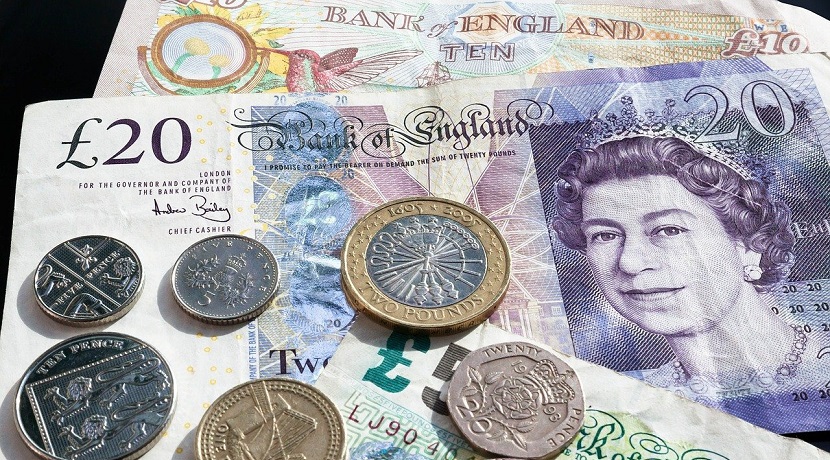The British pound sank to a record low on Monday morning in Asia, following last week’s declaration by the incoming U.K. administration that intends to impose tax cuts and investment incentives to stimulate growth.
On Monday in Asia, sterling momentarily decreased 4% to an all-time low of $1.0382; this continued the currency’s lackluster movement in recent months as the U.S. dollar gains strength. Around 2:00 p.m. London time, the British pound had recovered to $1.0855.
Critics claim that those economic policies will unfairly benefit the wealthy and could cause the U.K. to incur significant debt at a time when interest rates are on the rise.
Before the pound hit a new low, Mazen Issa, senior forex strategist at TD Securities, told CNBC that the U.K. government “didn’t seem to be throwing the market a bone in terms of having a much more tempered fiscal trajectory”.
He believed that at that point, the path of least resistance was going to remain lower. Also, he said on “Squawk Box Asia” on CNBC that parity should be considered below $1.05.
Issa continued that the euro had fallen below parity and he saw no reason why sterling couldn’t do the same.
According to Nicholas Ferres, chief investment officer at Vantage Point Asset Management, fighting inflation while the government seeks to stimulate the economy is a “huge problem” for the Bank of England.
It wouldn’t surprise me if the Bank of England held an emergency policy meeting this week and raised interest rates, he said.
According to Saktiandi Supaat, an FX strategist at Maybank, the strong dollar and the U.K.’s lack of commitment to fiscal restraint caused the pound to decline significantly.
He asserted that the decline in the value of the pound actually led to additional risk aversion, generally risk-off sort of mood, escalating farther down.
The decline of the pound shouldn’t be mistaken for a rise in the dollar, according to Jim O’Neill, a former U.K. Treasury minister and head of Goldman Sachs Asset Management.
He said on Monday to CNBC that it was a result of an exceedingly dangerous budget by the incoming chancellor and a rather timid Bank of England that, to date, had only reluctantly hiked rates.



